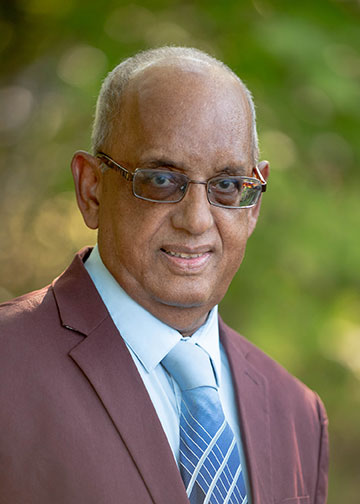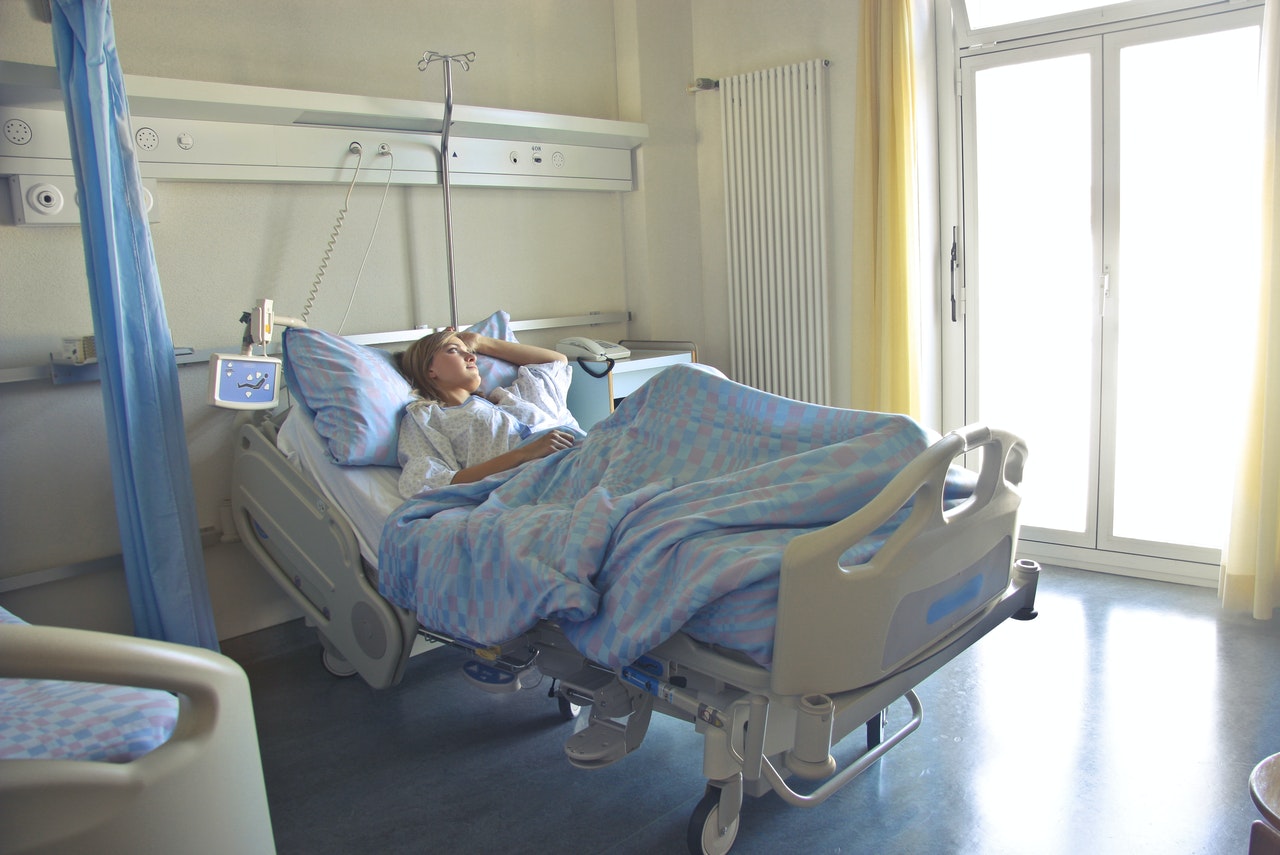Nobody wants to be in the hospital; nobody wants to be sick. Yet it happens to many of us, and it happened to me as well. Just recently, I underwent a major surgery and spent the following two days in the hospital. I would like to tell you a story of how I used intermittent silence to help with my post-surgery recovery.
As I woke up in recovery from anesthesia, I could sense that my wife was there and so was my son and daughter. Their presence felt comforting even though I was in and out of my senses. The best part was when I could hold onto their hand and just feel the energy and well wishes without words. That was probably the best part of my recovery which I still cherish in my heart.
The first night was rough. I was in and out of my conscious self – dancing between reality and a dreamlike state. In the sparse moments of consciousness, I heaved a lot and vomited many times in spite of all the appropriate medications. During this time, I remember one persisting feeling: fear. Are there going to be any complications? Am I going to get out of this okay? Worst of all, I experienced this alone–coronavirus caused restrictions for visitors and therefore more time was spent with myself than with friends and family.
The second night was better. The body and the mind still were no good for the outer world. And then I realized how important our inner world is. Yes, I will recover from this surgery and be back in the outer world, but it did not feel good that night. I also realized that the inner world is going to be there whether the outer world exists or not and It’s not just an empty space, it’s a mystery to be experienced. I now had the perfect opportunity to practice intermittent silence that night. The inner world, no matter how crazy and hectic the outer world might be, could be a calming and peaceful universe.
As I lay in bed with closed eyes and closed mouth, silent listening was amazing and also intriguing. I could hear alarms, knocks on doors, chattering outside, and the ringing of bells from the nursing station. Apart from silent listening and watching the thoughts go by I had some new sensations as well. The intravenous fluid was going in, every so often vital signs were being taken, injections were given for one reason or the other and I had to swallow pills from time to time. Yet I could also feel distensions I could feel pain and I could feel the effects of medications. But rather than rejecting them, I accepted them, made peace with them, and moved on. Whether or not it had any therapeutic benefit is hard to evaluate. It, however, helped me deal with the night in a much more effective manner. Moreover, an incidental observation was that my blood pressure readings that night were the best numbers I have had in a long time. It is hard to draw any conclusions from that, but those good numbers were reassuring. My intermittent silence extended almost throughout the night.
I’m home now and still recovering but wanted to share this story to express that intermittent silence can be practiced in adverse situations as well. The benefits of intermittent silence practice are better handling and acceptability of the inevitable situations that a surgery brings upon. I invite everyone who gets in such situations to use it as an opportunity to practice Intermittent silence and thereby help the recovery process become less intense. It does give feeling of a certain unexplained peace that you can carry with you.


